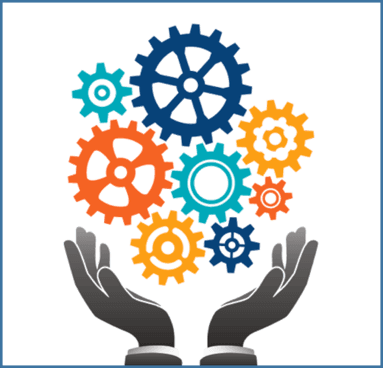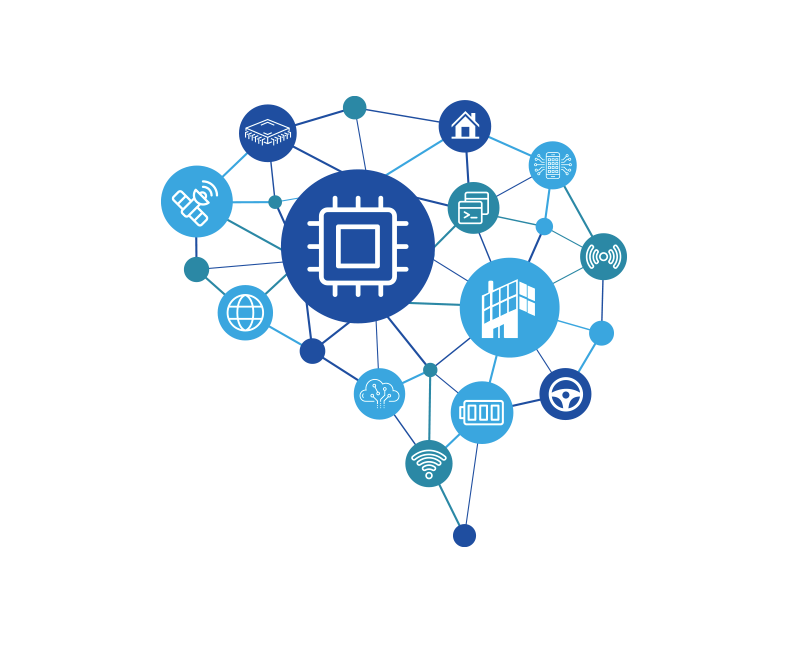About Us
The main component of a healthy environment for self esteem is that it needs be nurturing. It should provide unconditional warmth.
 In this paper, automation service is defined as any method, technique or tool that can help reduce the intervention of human in any activity. These services are deterministic in nature, i.e. services are programmed to take a set of inputs, process them (with or without a rule engine) and give out the output. The output of such processes is always known beforehand based on the inputs and the rules. Such systems, however, do not learn from data. On the other hand, there is a more advanced category of automation services where processes are not programmed and they continuously learn from the data. Such services are categorized as intelligent automation services.
In this paper, automation service is defined as any method, technique or tool that can help reduce the intervention of human in any activity. These services are deterministic in nature, i.e. services are programmed to take a set of inputs, process them (with or without a rule engine) and give out the output. The output of such processes is always known beforehand based on the inputs and the rules. Such systems, however, do not learn from data. On the other hand, there is a more advanced category of automation services where processes are not programmed and they continuously learn from the data. Such services are categorized as intelligent automation services.
 Cloud computing is driving a huge transformation globally among developers, users and enterprises in how they access information, design/develop/implement applications and manage cost and infrastructure. The merits of cloud computing are widely accepted and organizations are moving quickly to keep pace with the transformation.
Flexibility and scalability are going to be key drivers across various points in the business spectrum. Optimizing cloud technologies can improve platform efficiencies, enhance operational flexibility and business scalability with the potential to elevate businesses to the next level. Cloud computing services at VOLANSYS allows businesses to meet their future needs and dynamically scale cloud solutions as per their requirements. We help enterprises build cloud solutions from scratch, as well as facilitate the migration and maintenance of existing applications to cloud platforms.
Cloud computing is driving a huge transformation globally among developers, users and enterprises in how they access information, design/develop/implement applications and manage cost and infrastructure. The merits of cloud computing are widely accepted and organizations are moving quickly to keep pace with the transformation.
Flexibility and scalability are going to be key drivers across various points in the business spectrum. Optimizing cloud technologies can improve platform efficiencies, enhance operational flexibility and business scalability with the potential to elevate businesses to the next level. Cloud computing services at VOLANSYS allows businesses to meet their future needs and dynamically scale cloud solutions as per their requirements. We help enterprises build cloud solutions from scratch, as well as facilitate the migration and maintenance of existing applications to cloud platforms.
 This guide includes basic information about big data and a list of eight big data solutions for small businesses.
This guide includes basic information about big data and a list of eight big data solutions for small businesses.
 IoT applications, such as ‘intelligent’ meters and appliances, connected cars and wearables, and so on, are generating unprecedented volumes of enterprise and consumer data. Companies have started aggressively leveraging Big Data, Analytics, Machine Learning, Artificial Intelligence, and other disruptive technologies, to glean tangible insights from this deluge of information. LTI offers enterprises a suite of Mosaic powered IoT solutions and IoT mobile apps, which ease this endeavor, leading to enhanced customer engagement and operational efficiency.
IoT applications, such as ‘intelligent’ meters and appliances, connected cars and wearables, and so on, are generating unprecedented volumes of enterprise and consumer data. Companies have started aggressively leveraging Big Data, Analytics, Machine Learning, Artificial Intelligence, and other disruptive technologies, to glean tangible insights from this deluge of information. LTI offers enterprises a suite of Mosaic powered IoT solutions and IoT mobile apps, which ease this endeavor, leading to enhanced customer engagement and operational efficiency.